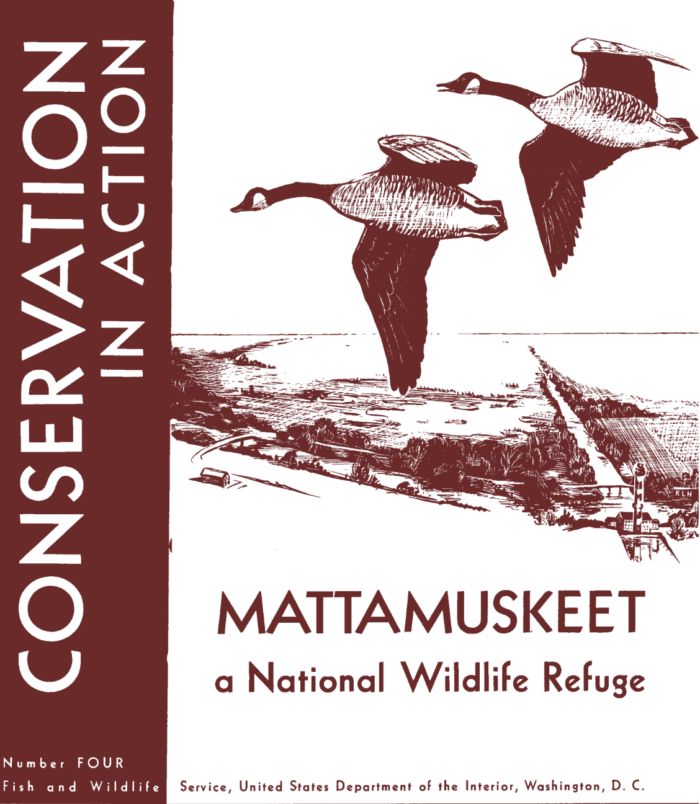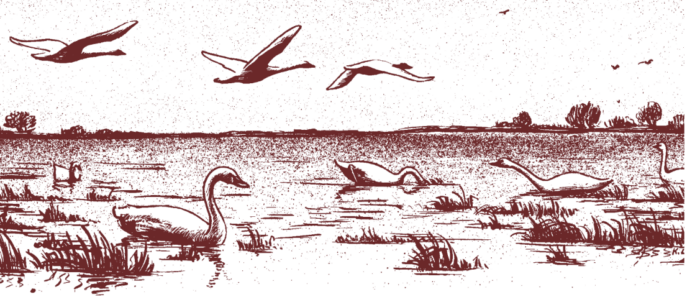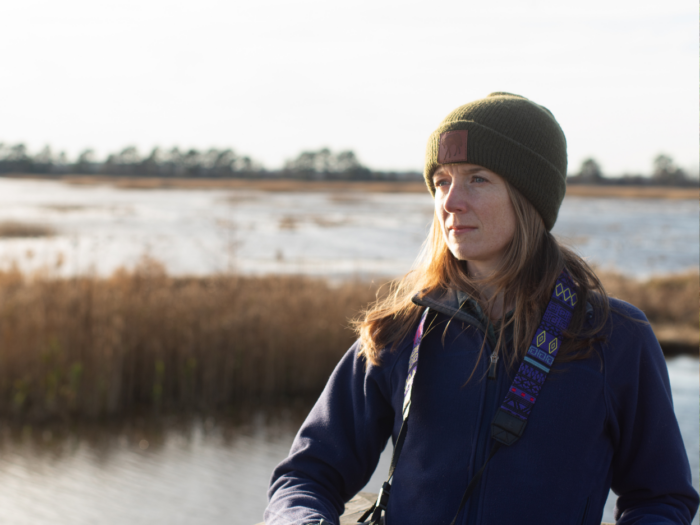Rachel Carson’s legacy lives on in the South
Rachel Carson was the spark that ignited the modern environmental movement.
A conservation trailblazer, marine biologist, and author, Carson received global recognition for her seminal work, Silent Spring, published in 1962. In this groundbreaking book, Carson exposed the detrimental effects of pesticides, particularly DDT, on the environment and human health.
Her meticulous research and eloquent and relatable writing drove public awareness around the issue and led to widespread environmental reform, including the eventual banning of DDT and the establishment of the Environmental Protection Agency.
The more clearly we can focus our attention on the wonders and realities of the universe about us, the less taste we shall have for destruction.
Rachel Carson
As we celebrate Women’s History Month, SELC is reflecting on the significant contributions made by Carson and countless other women in the environmental movement who serve as a beacon for inspiration and a reminder of the critical role women play in protecting our planet.
Carson’s courage to challenge the status quo and her unwavering dedication to scientific truth paved the way for modern environmentalism. That legacy is carried on today by SELC’s female staff, partners, and local women leaders.

Rachel Carson and the South
Prior to Silent Spring, Carson spent 15 years as a biologist at the U.S. Bureau of Fisheries which later became the U.S. Fish and Wildlife Service. During her time there Carson conducted research and wrote informational pamphlets and bulletins to educate people on wildlife and their habitats, including our National Wildlife Refuges.
This work brought Carson all around the United States, including the South, specifically along the Atlantic Coast. One such brochure about Lake Mattamuskeet, Pea Island, and Swanquarter, written in July 1947, outlines the wonder of these National Wildlife Refuges in North Carolina that host more than 200,000 migratory birds during the winter months.
Sadly, Lake Mattamuskeet is under threat today.

A proposal to test an algaecide labeled as toxic to birds to the 40,000-acre lake is being assessed by Fish and Wildlife Service to treat recurring algal blooms. Largely caused by nutrient pollution, the algal blooms are harmful to the lake, but this treatment would, “raise a whole host of concerns given that this refuge was established as a sanctuary for migratory birds,” says Senior Attorney Ramona McGee.
A coalition of stakeholders is implementing a plan to address the underlying causes of poor water quality in the lake. Applying the algaecide could hurt the waterfowl that rely on the lake and doesn’t address the root causes of the problem.

The situation at Mattamuskeet harkens back to Carson’s words: “…man’s endeavors to control nature by his powers, to alter and to destroy, would inevitably evolve into a war against himself, a war he would lose unless he came to terms with nature.”
SELC’s McGee led the charge to submit comments raising alarms about applying the potentially harmful algaecide at the same bird sanctuary Carson described so poetically in 1947. And like Carson, McGee has dedicated her career to defending and enforcing critical protections for wildlife.
Women like McGee are picking up where Carson left off by continuing to bring unique perspectives and insights to environmental issues everywhere.
Carson’s legacy
Whether fighting against pollution, promoting renewable energy, or preserving biodiversity, women repeatedly demonstrate resilience, creativity, and empathy in their efforts to safeguard the South and beyond for future generations.
Learn about some of our women staff and partners that carry on Carson’s legacy:
